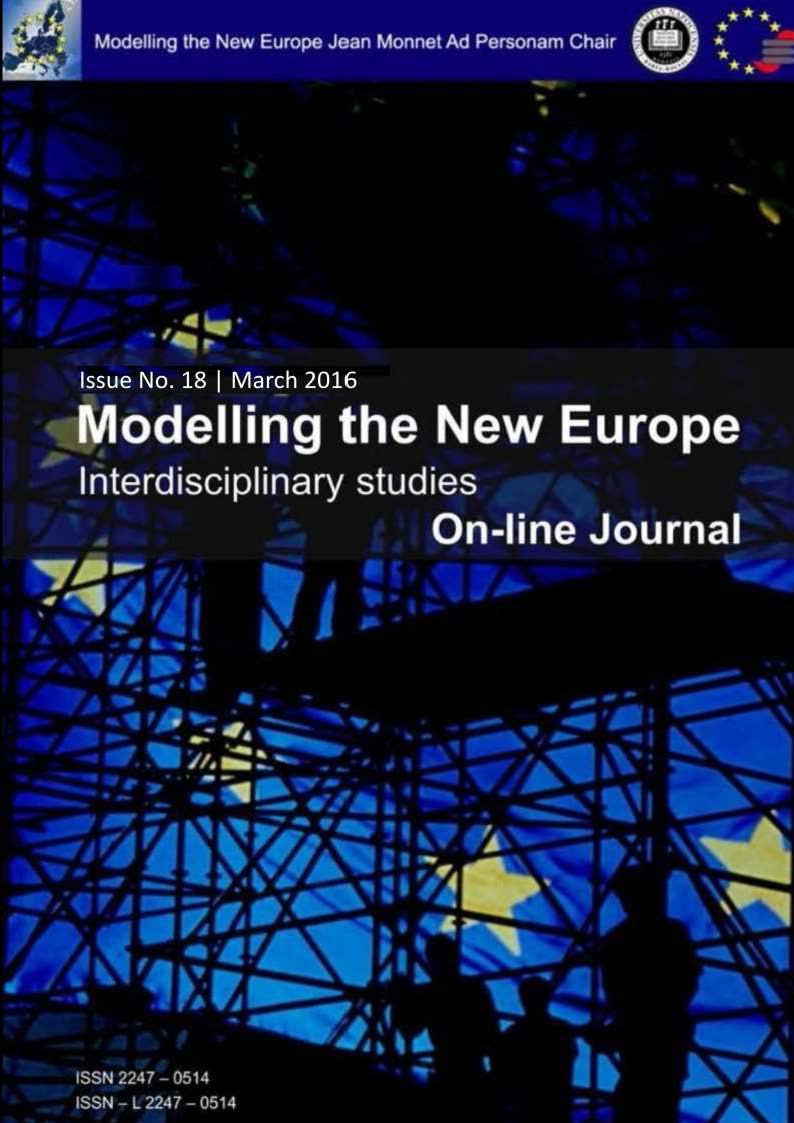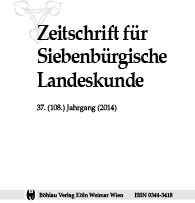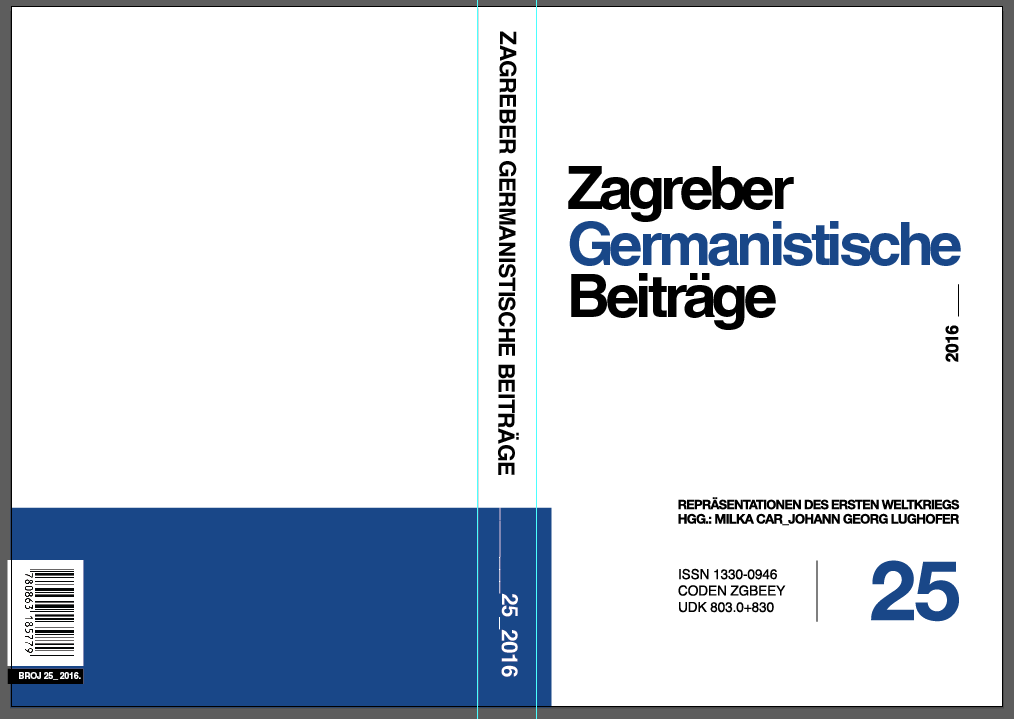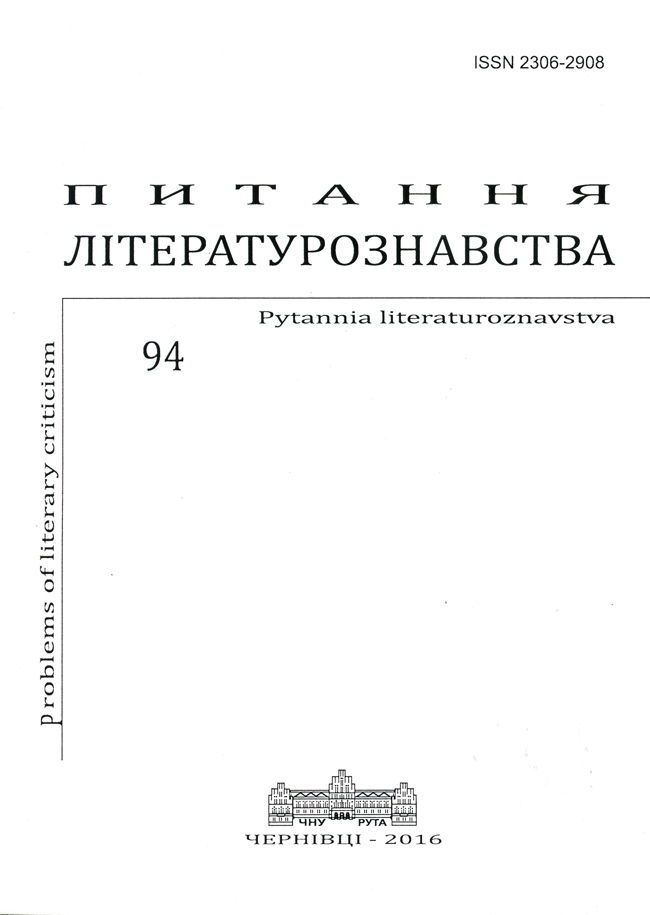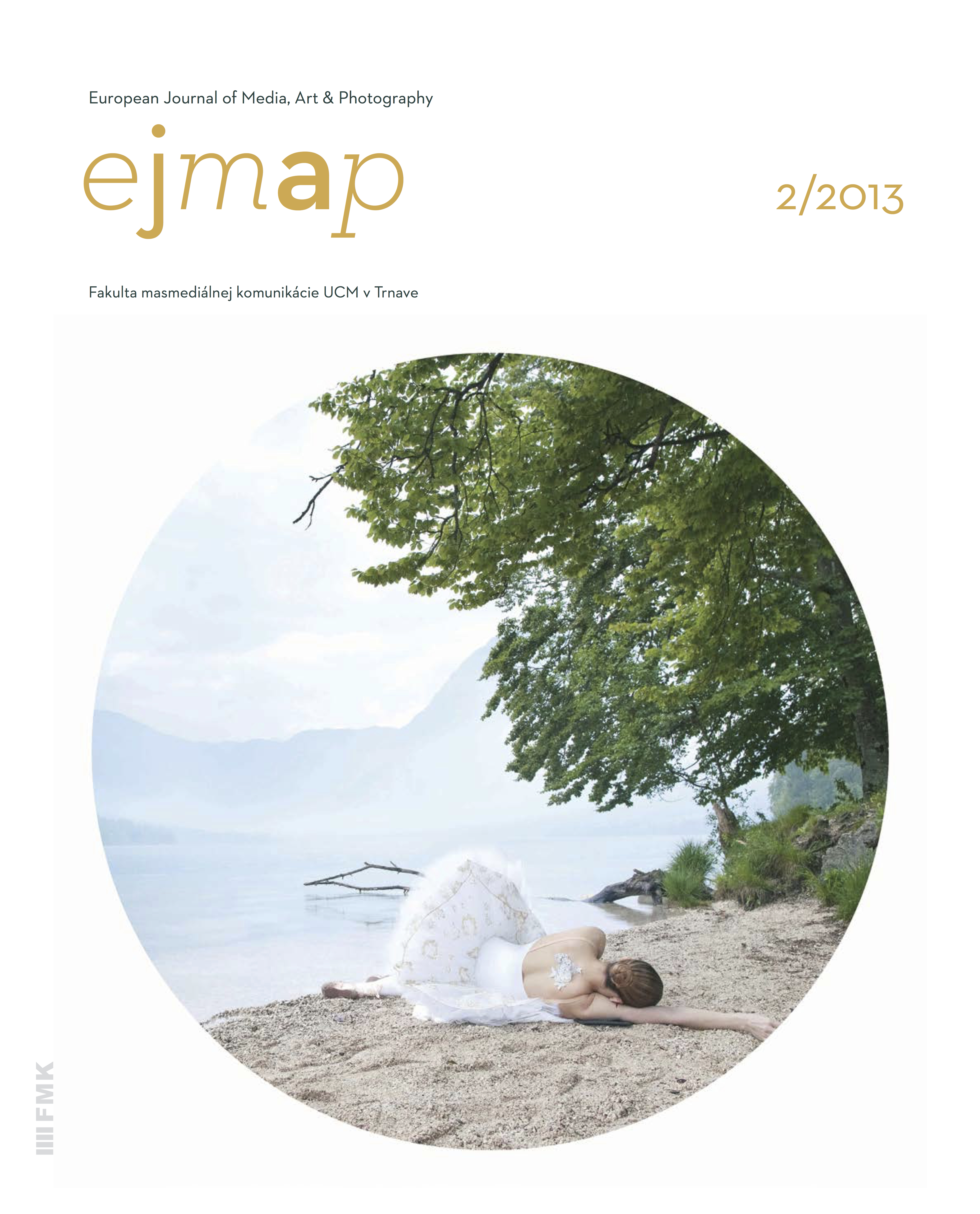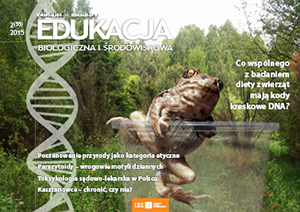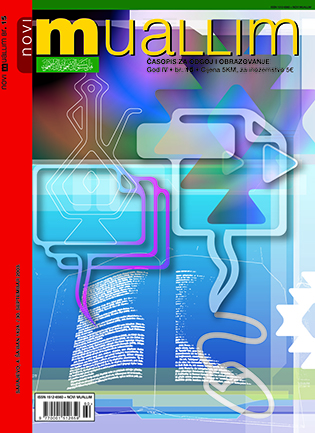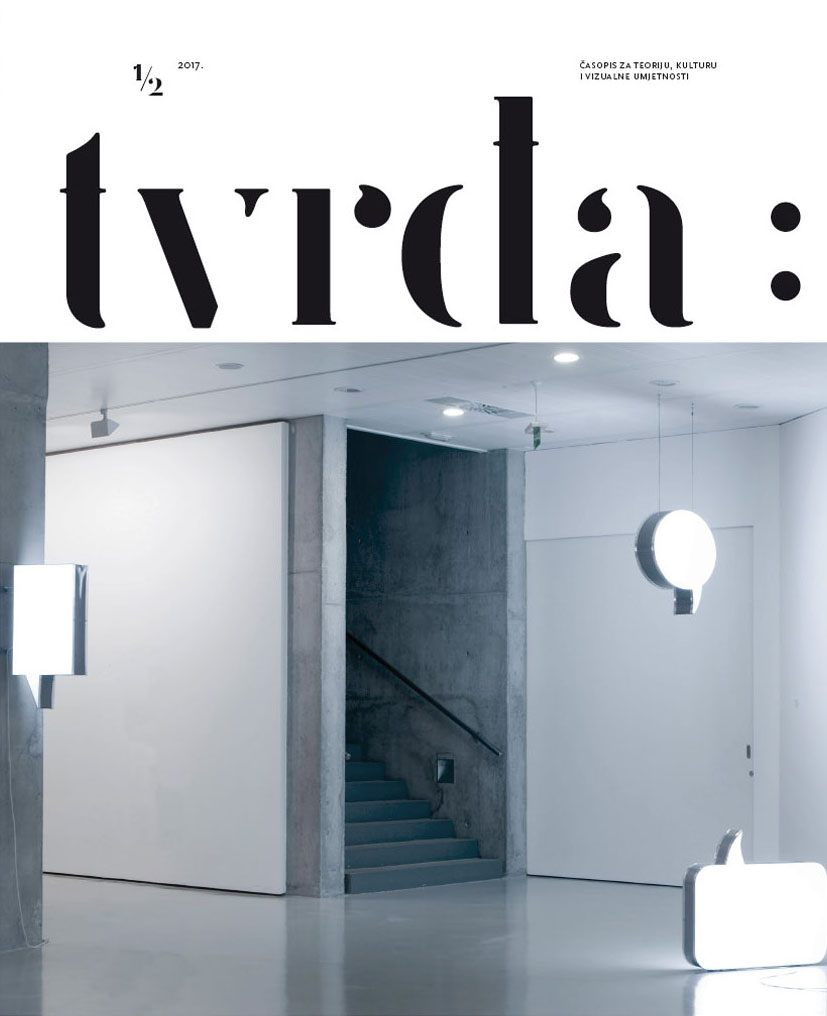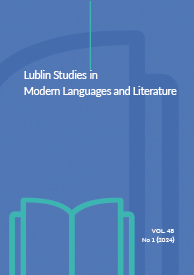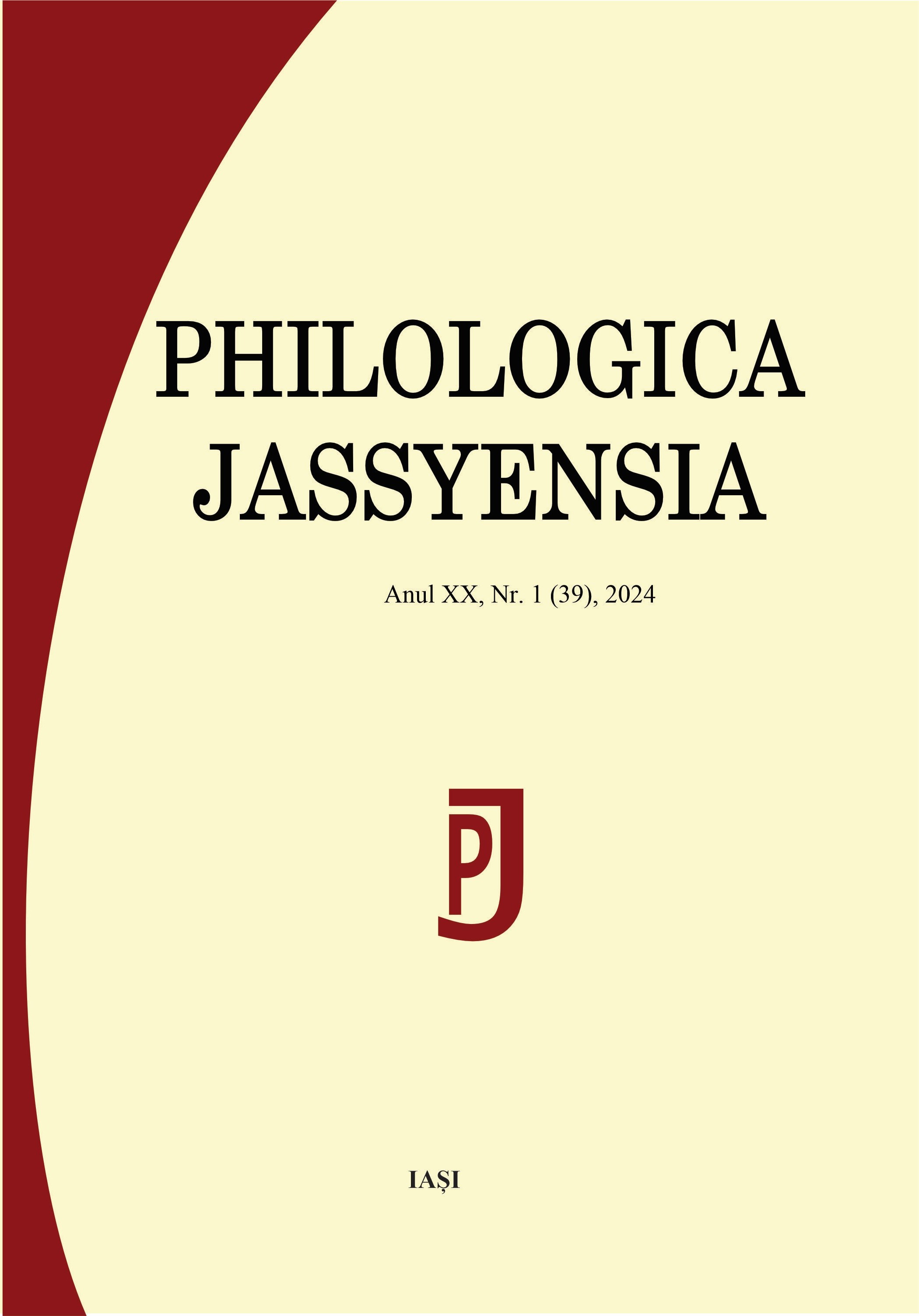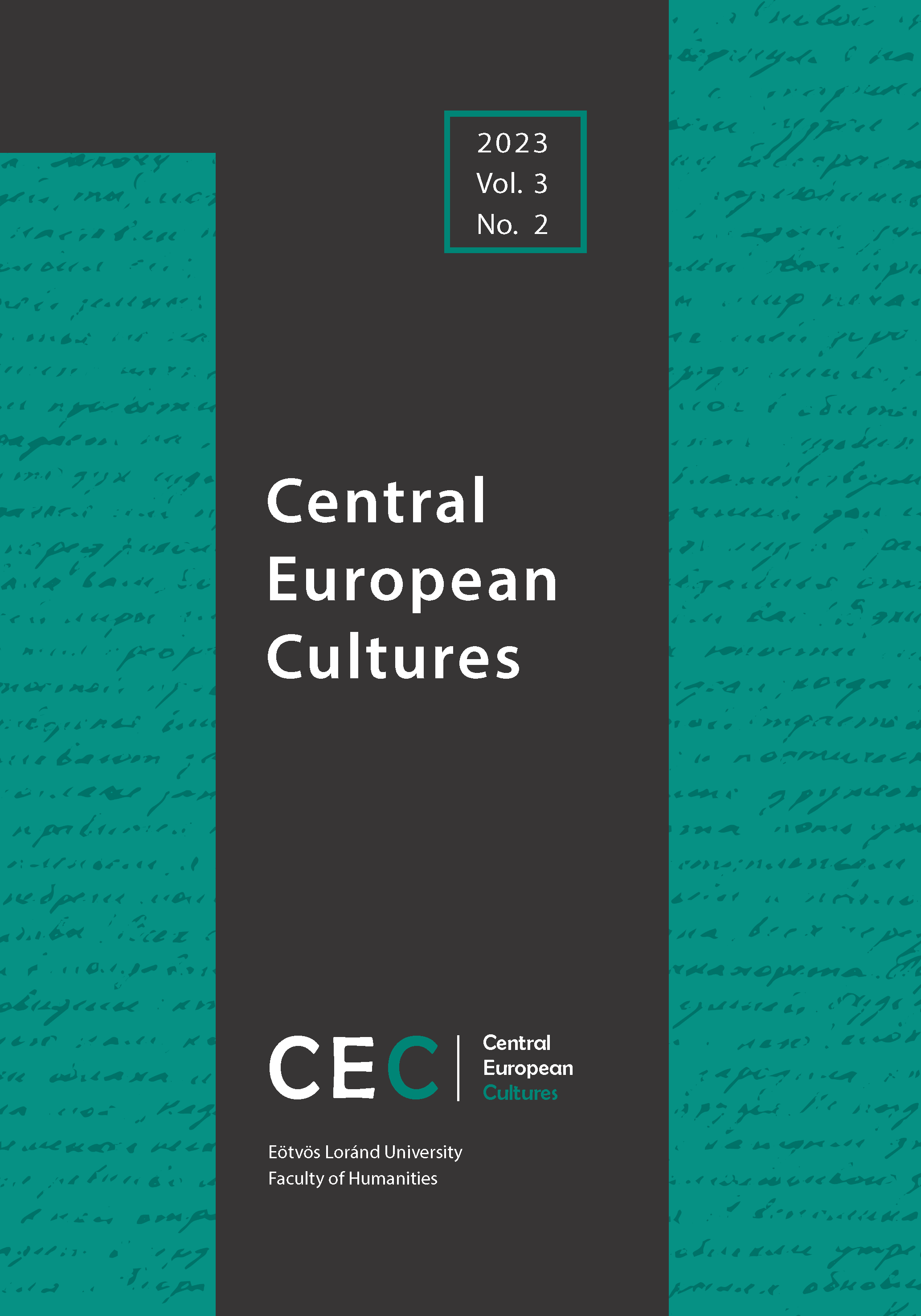Author(s): Sonia Tiru / Language(s): German
Issue: 1 (39)/2024
This thesis deals with the Romanians as they are depicted in the work from Joachim Wittstock. Romania as a country and the Romanians play an important role for the author. Romania was, is and will forever remain his home, it is the place where he was born, where he grew up and where he developed his identity. In the Transylvanian area he met people belonging to different ethnic groups and cultures, Romanians too, and it must be noted that he viewed them all equally and was tolerant towards them. The first part of this thesis will present characteristics that are typical for Romanians according to the well-known scientist Klaus Heitmann and the second part will exemplify these characteristics in the work from Joachim Wittstock, while also taking into account the imagological theory. Klaus Heitmann declares about the Romanians that they are the object of envy regarding other Nations due to their exceptional characteristics: honesty, loyalty, friendliness, cheerfulness and cleanliness, extraordinary lack of demands for material things in life as well as hospitability to strangers; women of the Romanian nation are hard-working and very efficient, whereas the Romanian farmer is extremely cheerful, carefree and funny, patient and humble. Moreover, it has called to account, that Romanians as a nation are very tolerant towards other nationalities, they respect each and every individual without judging anyone. Moving forward and applying these characteristics in the work of the Transylvanian author Joachim Wittstock it must be delved deeper into the relationship between the concepts presented in the Imagological Theory and the unique way in which the author creates his characters. Concepts such as image, auto-image, hetero-image, stereotype and prejudice are being highlighted throw the characters depicted by Joachim Wittstock. To illustrate these concepts, characters such as Sorin, Remus Petru, Maica Stareță (‘Mother Abbess’) and Ileana Almăjan must be identified. Sorin implies the auto-image of a perfectionist, who tries to slightly manipulate the opinion of others regarding himself, this point of view is outlined by the fact that he wears two pair of glasses without lenses; Remus Petru is interested in music, that plays the role of a friend, and indicates the stereotype of hard-working Romanians; Maica Stareță (‘Mother Abbess’) remains as a symbol for the whole nation of religious Romanians, due to the fact that she has no name and the feminine figure Ileana represents the object of fascination for the narrator, while being very different from other girls.
More...

